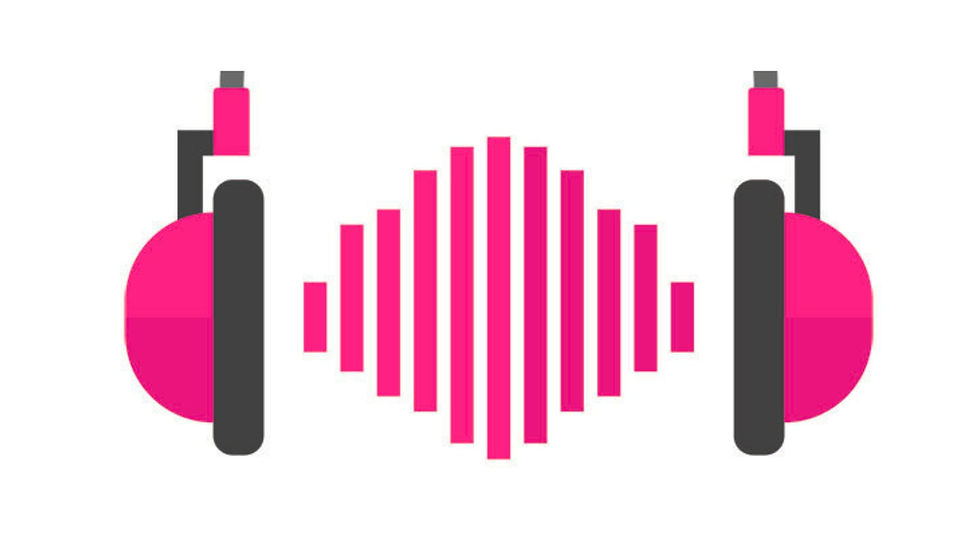Has Nudge Theory Nudged Itself Off the Marketing Table?
- TeamJACK
- Apr 30, 2024
- 4 min read
In the current landscape of modern media planning and strategy, the concept of "nudging"—thrust into the limelight by Richard Thaler and Cass Sunstein's seminal work, Nudge: Improving Decisions about Health, Wealth, and Happiness—has maintained a significant role. Rooted in behavioural economics, nudging leverages subtle modifications in how choices are framed and presented to subtly steer consumer behaviour in a predetermined direction. This method has been widely acclaimed for its ability to delicately influence consumer decisions without overt coercion, operating under the radar of conscious awareness to promote better choices in health, finance, and other daily decisions.

However, the solid reputation of nudging as an effective marketing tool has recently been challenged. Research led by Maximilian Maier and his team has introduced compelling evidence that questions the foundational effectiveness of nudging. Their study meticulously re-evaluated the data from previous research through a rigorous statistical lens, specifically focusing on adjusting for publication bias—a common problem where studies with positive results are more likely to be published than those with negative or inconclusive outcomes. This correction casts a long shadow of doubt over the true impact of nudging, suggesting that its actual influence on consumer behaviour may be much less significant than previously believed.
The implications of Maier’s research are profound for the field of marketing, as they prompt a re-examination of the reliance on nudging as a strategy. If the efficacy of nudging is largely a byproduct of selective reporting, marketers need to critically assess how they influence consumer decisions and consider the ethical dimensions of designing choice architectures. This newfound skepticism isn’t just a minor hiccup; it calls into question many of the assumptions that underpin current marketing practices based on behavioural economics, urging professionals in the field to validate their methods through more transparent and robust research methodologies.
The Crux of the Matter from using Nudge Theory
The 2022 study by Maier et al. represents a significant turning point in the evaluation of behavioral economics, particularly in the realm of nudging—a strategy that has been popularised by its ability to subtly influence consumer choices through seemingly minor tweaks in the decision-making environment. This strategy, rooted in Thaler and Sunstein's pioneering work, has been widely adopted across various sectors including public policy, health, and marketing, based on its purported efficacy and simplicity. However, the robustness of this strategy came under rigorous scrutiny in Maier's research.
Maier et al.'s investigation was motivated by the need to critically assess the foundational claims of earlier studies, particularly those presented in a key meta-analysis by Mertens et al. The Mertens study had confidently declared nudging as an effective and universally applicable tool for behavior modification. The allure of such claims had naturally led to widespread adoption and optimistic implementation of nudge-based strategies. Yet, Maier's team approached their examination with a level of statistical rigor that had not been previously applied to this body of research.
The methodological backbone of Maier et al.'s critique was the Robust Bayesian Meta-Analysis (RoBMA). This advanced statistical method is specifically designed to counteract the effects of publication bias—a prevalent issue in psychological studies where positive results are more likely to be published than null or negative outcomes. Publication bias can skew the perceived effectiveness of interventions like nudging by inflating the success rate across published studies. By employing RoBMA, Maier's team was able to re-evaluate the data, offering a more neutral and comprehensive assessment that factored in unpublished or less favourable studies.
The conclusions drawn from this recalibrated analysis were stark and somewhat unsettling for proponents of nudging. The evidence supporting the effectiveness of nudging strategies, once robust in the face of uncorrected analyses, dwindled significantly when adjusted for publication bias. This finding is critical because it challenges the reliability of nudging as a behavioral tool. If nudging is only effective under certain reporting conditions, its generalisability and utility in real-world settings become highly questionable.
Furthermore, these revelations from Maier et al. raise important questions about the integrity of behavioural economics research, especially studies advocating for specific interventions without stringent checks against biases. The implications are far-reaching, suggesting that the marketing industry, as well as policymakers and health professionals who have implemented nudging strategies, might need to reconsider the foundations of their practices.
This study not only highlights the importance of rigorous scientific verification and the need for transparency in reporting but also calls into question the ethical dimensions of deploying behavioural interventions without a solid empirical basis. For the field of marketing and beyond, this could mean a shift towards more rigorous validation of strategies, prioritising replicability and verifiability to ensure that interventions truly deliver the benefits they promise.

The pivotal findings from Maier et al. serve as a catalyst for a fundamental reassessment of marketing strategies that have traditionally relied on the principles of nudging. As the foundational efficacy of such strategies comes into question, it becomes imperative for marketing professionals to revisit and potentially rethink their approach to influencing consumer behaviour. The previous reliance on subtle nudges—small, strategic changes in how choices are presented to consumers with the intention of steering decisions in a desired direction—must now be scrutinsed under a more rigorous lens given the emerging evidence about their actual effectiveness.
Broadening the Toolkit
In light of these findings, marketers are encouraged to look beyond nudging and consider a broader array of strategies. This includes methods that not only respect the autonomy of the consumer but also maintain effectiveness in achieving marketing goals. For instance, strategies that involve more direct and transparent communication can help build trust with consumers, who increasingly value honesty from brands amid growing concerns about privacy and manipulation.
This prospective shift away from nudging also invites marketers to embrace more ethical marketing practices. This means developing strategies that do not solely rely on psychological tricks or subconscious cues but rather engage consumers on a conscious level. Marketing campaigns can focus on providing clear, beneficial information that empowers consumers to make informed choices based on their own preferences and needs rather than subtly influencing their unconscious decision-making processes.
With advancements in data analytics and artificial intelligence, personalised marketing ultimately offers a promising alternative to nudging. By harnessing detailed insights into consumer behavior, preferences, and engagement patterns, marketers can tailor their offerings and messages to fit the individual needs of each consumer. This level of customisation not only enhances the consumer experience but also boosts the effectiveness of marketing campaigns by delivering relevant, timely, and context-specific content that resonates with the target audience.
Interested in reading the paper? No evidence for nudging after adjusting for publication bias



